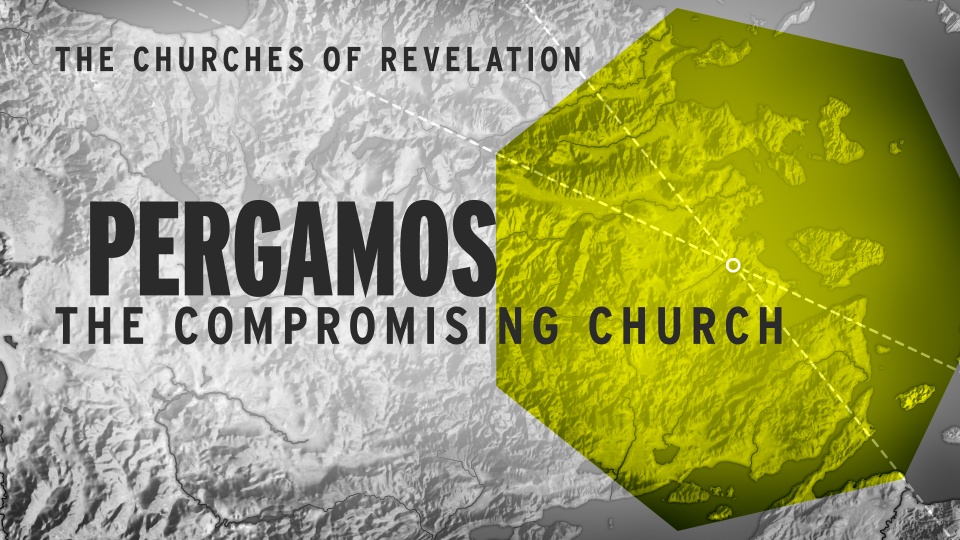
Our Family in a Havana Street Scene with 1957 Ford Fairlane ~ March 2018
...The Cuba Edition
This week Andrea and I got back from our March-break vacation with two of our boys. We had so much fun together in our adventures in this tropical country! Besides enjoying tanning on beautiful palm-lined beaches, we swam, snorkeled, and jet-skied across the waves. We dodged bats while exploring natural caves, rode bikes, ate lots of good food and even tried to learn to Salsa. What warm and beautiful people live there and as well it's a geographically-pleasing place! Little wonder Columbus reported that it was the most "beautiful place human eyes have seen".
From it's early tribal history to Spanish Colonialism and later it's subsequent transition from an American Mafia-ruled stronghold into Castro's Revolution, Cuba's place in history and turbulent geopolitical happenstance has always been an enigma to me. This country has been characterized by conflict and ever-agitated by outside influences. Throughout it's history, various entities have sought to excerpt their control and influence over Cuba's residents. Cuba has for centuries often been exploited economically for it's commodities. It's history bears many human scars during the years it took to break from it's ugly African slavery past. To date, it's citizens are "island-prisoners", prohibited from freely exiting this island, except for special state-approved circumstances.
It was through the Cuban Church that much needed medicine and sometimes food for Cuba's population was obtained!
In the weeks prior to travelling there, I studied Cuba's fascinating history. Early in Cuba's colonization, it embraced Roman Catholicism through the Spaniards, yet this faith appeared to fade to the preferences of Castro's atheistic socialism. The first irony I found, was that Castro was raised "very-Catholic" under the influence of the Jesuits. In post-Cold War times, Cuba was embraced, then later dismissed by Russia during the diminishing Soviet-era, particularly during the 90s, As the Soviet system began it's decline, Russia was forced to distance themselves from their outposts, leaving Cuba in a world of great pain. There was little love left for their former dependent ally. The other irony I learned about, was that in this sad Godless state-sponsored atheist system, it was through the Cuban Church that much needed medicine and sometimes food for Cuba's population was obtained to sustain them until they found alternate ways of sustaining themselves. It seems God was keeping an eye on them when they just couldn't help themselves! Today they have found a new dance partner in Venezuela, who supplies them with much needed oil in exchange for diplomatic services that Cuba provides in return.
It seems God was keeping an eye on them when they just couldn't help themselves!
Isn't that just like God! When we have exhausted ourselves and are seemingly at the end of ourselves, He steps in only like He can!
Pray with me for Cuba and the christians there who are not free there to do whatever they want. The government wants to tear their buildings down. Attached here is a news report from CBN news about christian's freedom in Cuba.
"Ask of me, and I will give the nations as an inheritance for you" ~Psalms 2:8
______________________________________
No More Religious Freedom:
The Crisis Threatening Cuba's Christians

Cuba's communist regime is cracking down on Christians by destroying churches, stealing property, and imprisoning pastors.
According to a Christian Solidarity Worldwide report, the Cuban government has launched a major crackdown against churches and has seized and demolished at least 1,400 church buildings. The government claims the churches are unregistered, and therefore, illegal.
The government regime's war on religious freedom has intensified over the last year.
The report cites more than 1,000 cases of religious freedom violations, including the "destruction of church property, arbitrary detention and other forms of harassment, in particular seizure of religious leaders' personal belongings."
More than 1,000 churches were officially confiscated between January and July of this year, with 100 of those churches under the threat of demolition.
Christians are often "violently dragged away by security agents as they leave their homes or upon arriving at church services."
So far, CSW has documented at least nine incidents this year where pastors were harassed and detained as government officials demolished their church buildings.
In one of the most serious cases, Rev. Marion Felix Lleonart Barroso was arrested on March 20, just hours before U.S. President Barack Obama arrived in Cuba on an official visit.
When government demolition teams leave Christian churches in ruin, often Christians will continue to worship in the piles of rubble.
"CSW is alarmed by the escalation of freedom of religion or belief violations throughout Cuba, but humbled by the courage and perseverance of the many religious communities who continue to peacefully resist government pressure," CSW Chief Executive Mervyn Thomas said.
Thomas urges the United States and other Western countries to pressure Cuba to stop violating human rights.
Meanwhile CSW says Christians around the world should pray for the protection of Cuba's pastors, the health of the ones who are already locked up in Cuba's prisons, and that Christians would be treated fairly at the hands of their government.







